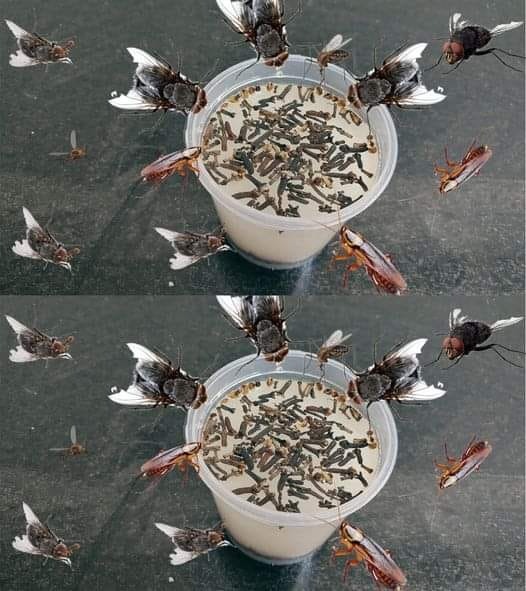1. Focus on Nutrition
A balanced diet is crucial for healthy hair.
Protein: Hair is made of keratin, a protein. Include lean meats, eggs, beans, and nuts in your diet.
Iron: Supports oxygen transport to hair follicles. Eat leafy greens, red meat, and fortified cereals.
Vitamin D: Strengthens follicles. Get sunlight exposure and eat fatty fish or eggs.
Biotin & Zinc: Found in nuts, seeds, and whole grains, these nutrients help fortify hair strands.
2. Gentle Hair Care Practices
Use Mild Shampoos: Opt for sulfate-free options that preserve natural scalp oils.
Avoid Overwashing: Limit to 2–3 times per week to prevent scalp dryness.
Minimize Heat & Chemicals: Reduce heat styling and harsh dye usage.
Massage Your Scalp: Stimulates blood flow and supports follicle health.
3. Explore Topical Treatments
Minoxidil (Rogaine): FDA-approved for regrowing hair.
Essential Oils: Rosemary, peppermint, or castor oil can encourage hair growth.
Aloe Vera Gel: Soothes the scalp and reduces hair fall.
4. Support Hormonal Balance
Hormone Replacement Therapy (HRT): Consult a doctor for menopause-related thinning.
Natural Remedies: Supplements like black cohosh or evening primrose oil can help balance hormones.
5. Protect Hair from Damage
Shield from UV Rays: Wear a hat or use SPF-infused conditioners.
Avoid Chlorine & Saltwater Damage: Rinse hair after swimming.
6. Add Volume with Styling Techniques
Layered Haircuts: Create the appearance of fuller hair.
Volumizing Products: Use fibers or sprays to thicken hair temporarily.
Wigs & Extensions: Modern options look natural and are easy to use.
7. Seek Professional Help
For persistent hair loss, consult specialists who may recommend:
PRP (Platelet-Rich Plasma Therapy): Uses your plasma to stimulate growth.
Low-Level Laser Therapy (LLLT): Improves follicle function.
Prescription Medications: Options like Finasteride are available for men.
Conclusion
Hair thinning may be a natural aspect of aging, but understanding its causes and taking proactive steps can make a significant difference. Whether it’s improving your diet, adopting gentle hair care routines, trying topical treatments, or consulting professionals, there are numerous ways to promote healthier, fuller hair.






